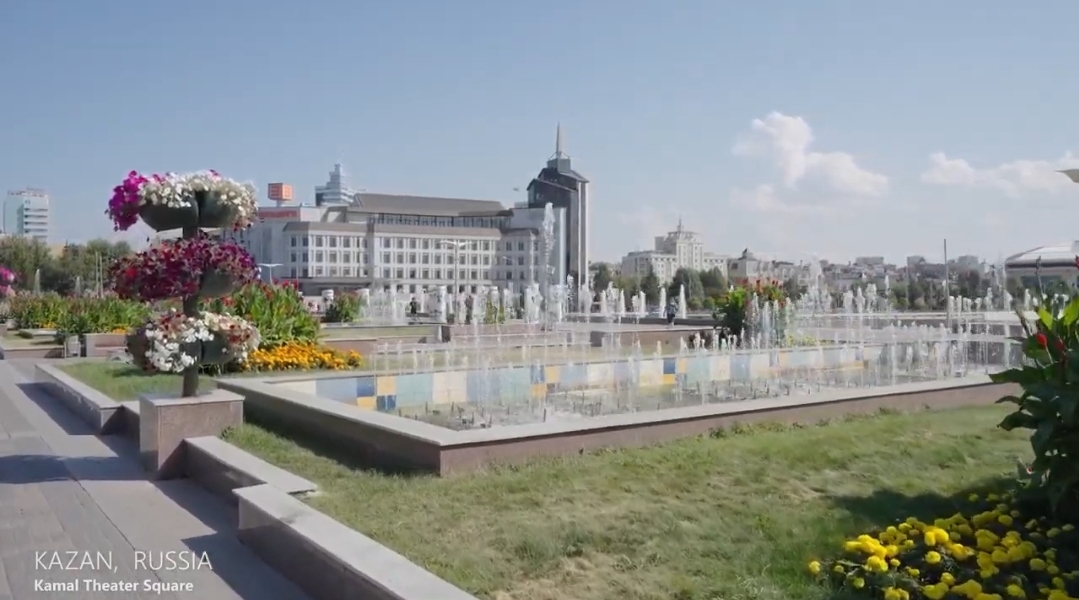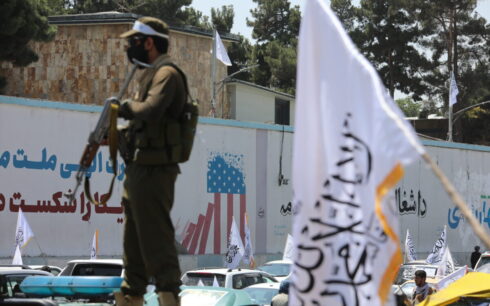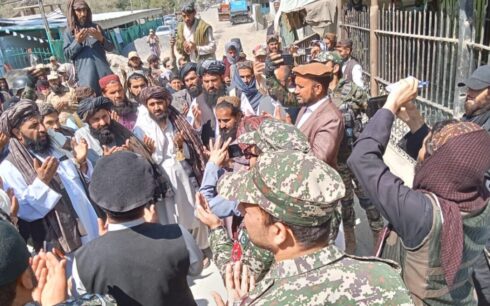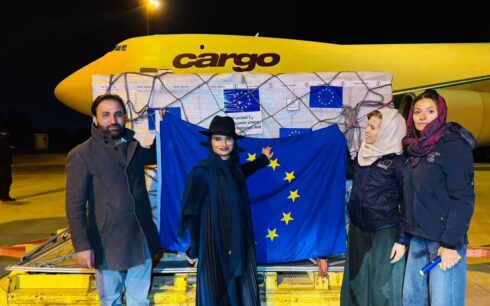Representatives of regional countries are expected to exchange views on the situation in Afghanistan at Friday’s Moscow-format meeting, which will also be attended by a Taliban delegation.
Representatives of 10 countries including Russia, China, Iran, Pakistan and Central Asian states are expected to attend the meeting in Kazan City in Russia.
Moscow confirmed earlier this week that the US was not invited to the talks.
Speaking to reporters in Washington D.C., State Department spokesman Matthew Miller said in response to a question on the meeting that while the US is aware of it, Washington will not be sending a representative.
“So, I don’t have much to say about that other than that we’re aware of the Moscow format meeting taking place,” Miller said. “We are not members of the Moscow format, so a US representative will not be attending.”
The Taliban’s foreign minister Amir Khan Muttaqi will however be there, along with a Taliban delegation.
The Moscow format was initiated by Russia in 2017 to assess the situation in Afghanistan and the summit on Friday will be the fifth Moscow format meeting on Afghanistan.
Despite the Taliban’s optimism around the meeting, Moscow said recently that recognition of the Taliban will not be on the table.
Ghulam Farooq Alim, a university lecturer, said that the Moscow format is a consultative meeting and will not have a “significant impact” on the situation in Afghanistan.
“The Moscow format was founded due to Russia’s rivalry with the US in the region and to maintain Russia’s influence over issues relevant to Afghanistan,” he said.
Questions have been raised as to what exactly the topics of discussion will be at the upcoming meeting.
Wais Naseri, a political analyst, said regional countries are concerned about security and the political situation in Afghanistan.
“When the Moscow format member countries are discussing the situation of Afghanistan, it is not a verbal discussion or criticism, but they have serious concerns regarding security, political and economic issues,” he said.
Numerous meetings have been held around the world by heads of states, ministers, officials and humanitarian organizations and aid agencies since the collapse of the republic government. At most of these meetings the need for the formation of an inclusive government, and the lifting of restrictions against women and girls have mostly taken center stage.
But despite all the condemnation and criticism by the international community, the Taliban have failed to reverse a single ban affecting women nor has it opened up its ranks in government to include non-Taliban politicians.
Parasto Yari, the former senior advisor for the state ministry for peace and women, and human rights defender, said that it is time for practical action to be taken to improve the situation of women and girls in Afghanistan.
“Within the past two-years, there have been many discussions. It is time to put words into practice. The suffering voices of the Afghan women will not rise beyond this, and it is being continued. But it is time for practical action,” she said.
The Moscow format meeting comes as the Taliban’s relations with regional countries have recently taken some knocks. Pakistan has repeatedly raised concerns regarding the presence of Tehreek-e-Taliban Pakistan (TTP) in Afghanistan.
Other regional countries including Central Asian states, Russia and Iran have criticized the Taliban for the rise in drug trafficking as well as terrorist activities in Afghanistan.
Since the Taliban came to power, there have been many concerns about the presence of insurgent groups in Afghanistan and the threat it poses to countries in the region.





